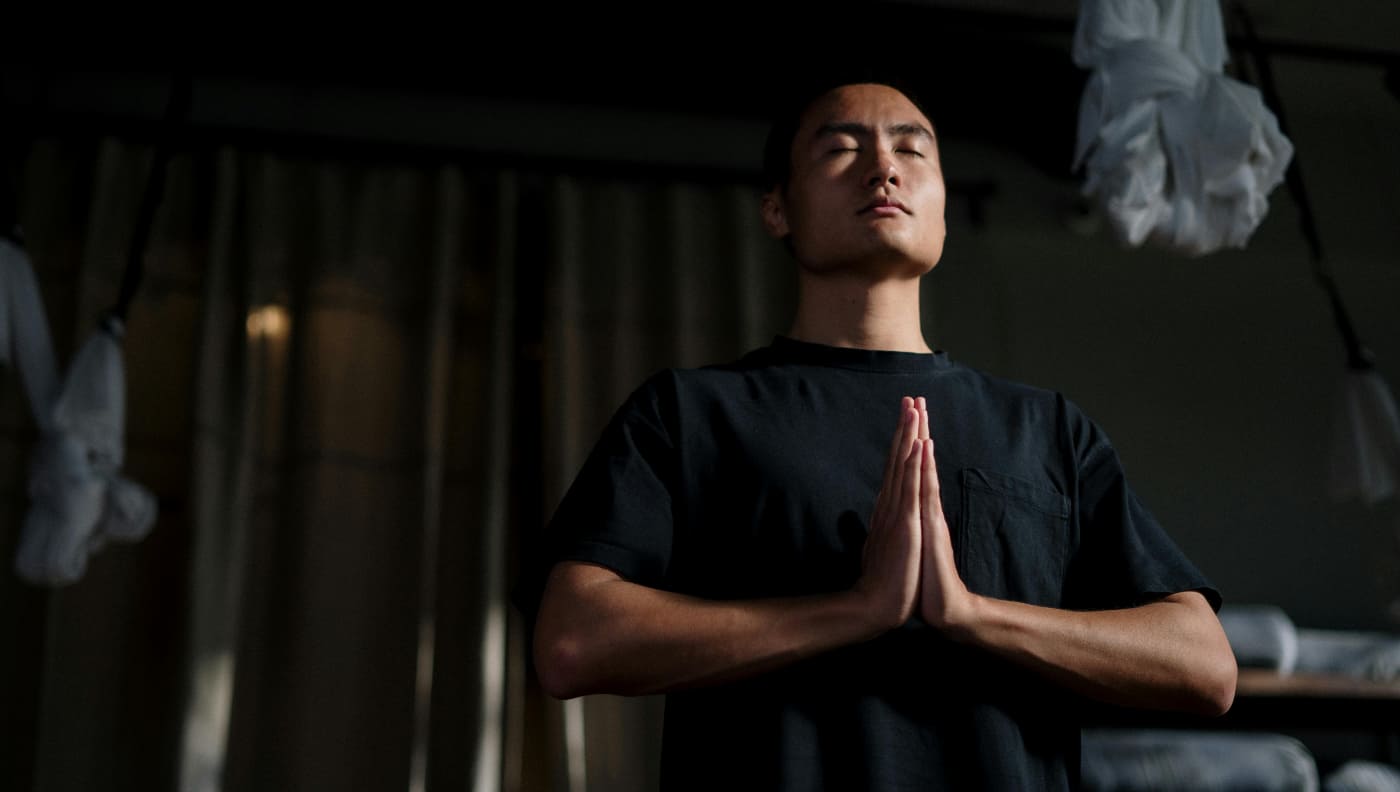Integrated recovery is the kind of phrase that might sound a little new or out of the norm, but underneath it is something solid and profoundly human. What is integrated recovery? It’s an approach that refuses to see addiction as a separate, isolated problem.
Instead, it looks at the whole picture of your life—your mind, your body, your history, and even the parts of you that still ache for meaning. Let’s dig into what integrated recovery really is, how it came to be, and why having a thoughtful plan—one that considers the entirety of who you are—is the best approach for real, lasting change.
What Is Integrated Recovery?
Integrated recovery is, at its heart, a way of treating addiction by treating the person first. It’s an approach that understands that addiction isn’t just about the substance—it’s about the WHY behind the substance. It’s about the trauma, the anxiety, the depression, or the quiet exhaustion of trying to get through life without feeling crushed by it.
This approach weaves together therapies, medical care, and changes to how you live day to day, so the work of healing isn’t just about stopping. It’s about starting—starting to feel whole again, caring for yourself, and starting to believe that your life can be more than this.
You’re not handed the same solution as everyone; you’re given a team—doctors, therapists, wellness practitioners—who work together to build something just for you.
Sobriety, or quitting, is just a piece of the puzzle. Integrated recovery aims for something bigger: a life you can love, and one that feels steady under your feet.
Where Does Integrated Recovery Come From?
It’s not exactly new. It comes from years of understanding that a person’s addiction doesn’t emerge from a vacuum. Therapists and treatment providers saw that treating addiction as a singular issue—just detoxing, just joining a group—left people vulnerable to relapse.
The integrated approach grew from the idea that addiction is tangled up in mental health struggles, family dynamics, and the wear and tear of life itself. It’s rooted in the biopsychosocial model, which is a fancy way of saying, “Let’s stop pretending you can separate the body, mind, and soul.”

How Is It Different From Other Recovery Approaches?
Traditional recovery approaches often mean focusing on one thing—detoxing, for example—and leaving the rest for you to figure out. Integrated recovery looks at you as a whole, so every piece of treatment works together.
Here’s how they compare:
- Traditional Recovery: Detox, maybe a 12-step group, but not much attention to mental health or what life looks like when you go home.
- Integrated Recovery: A carefully crafted combination of therapy, medication if needed, physical wellness practices like yoga or nutrition, and ways to reconnect with the people and activities that make life meaningful.
It’s the difference between patching a roof and building a sturdy house.
Why a Plan Matters for Integrated Recovery
Recovery without a plan feels a lot like trying to fix a broken car without knowing how engines work. You can try, but it’s frustrating and usually leaves you stranded. An integrated recovery plan doesn’t just give you steps—it gives you a map for how to rebuild your life.
Here’s why it works:
- Focus: You’re not left guessing. You know what to do each day.
- Support: Your recovery team walks with you, helping you stay accountable without shame.
- Flexibility: If something isn’t working, your plan can shift to meet your needs.
- True Healing: Every part of your life—your health, your relationships, your sense of self—is part of the process.
How Integrated Recovery Changes Lives
What makes this approach so powerful is that it’s not just about removing addiction. It’s about clearing away the debris and planting something new. Integrated recovery doesn’t just ask, “How can we stop the pain?” It also asks, “What would it take to help you feel alive again?”
Healing isn’t fast or perfect, but this kind of work reaches the roots. It tends to the wounds, nourishes the whole person, and creates the conditions for hope to grow.
Ready to Take the Next Step?
If you’re tired of spinning your wheels and want something that truly meets you where you are, integrated recovery at EagleCrest Recovery in Benton County, Arkansas, could be the way forward.
Reach out to us today to learn more about how we can help. You deserve a life that feels good to live. Let’s start building it together. Call now: 844-439-7627.


